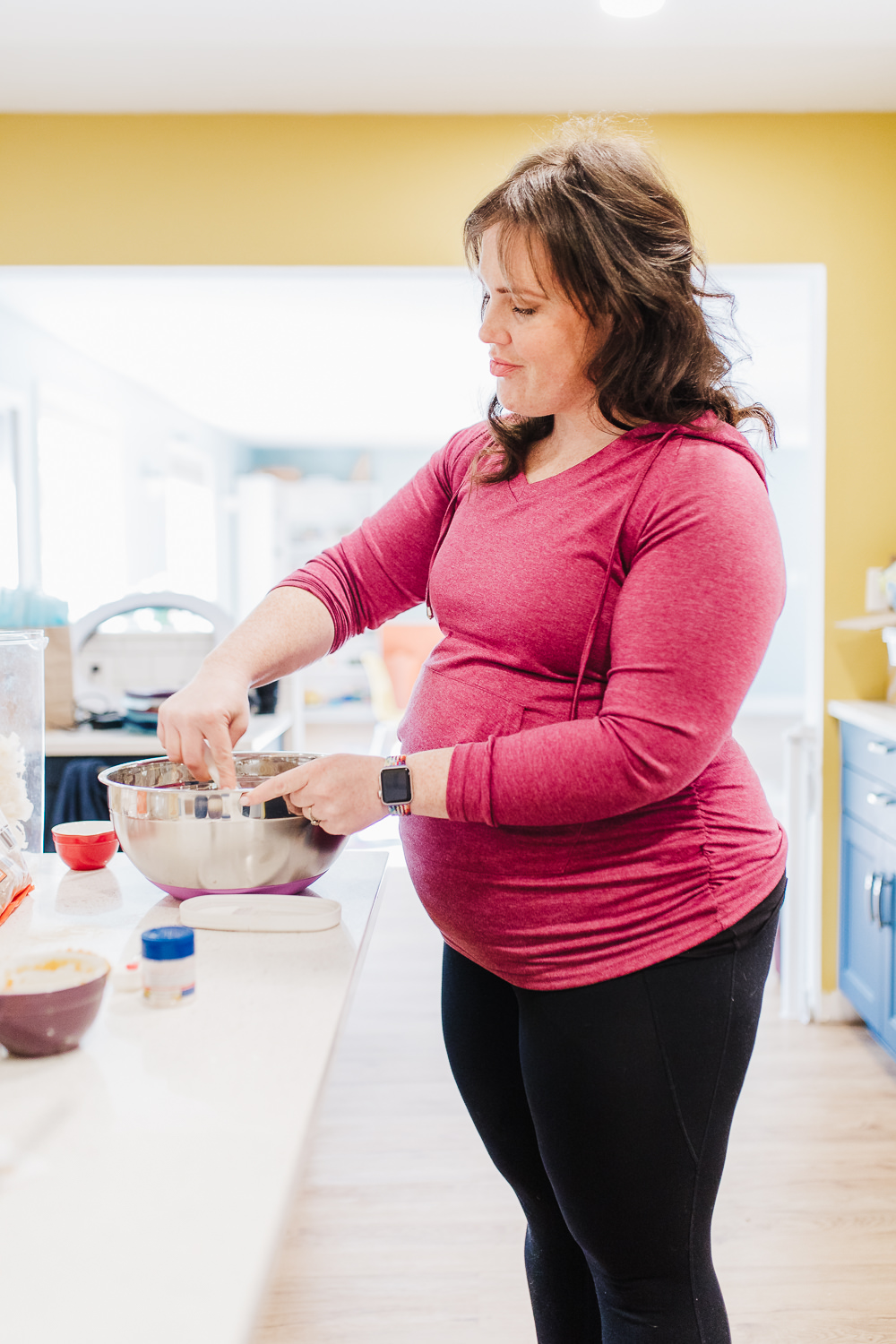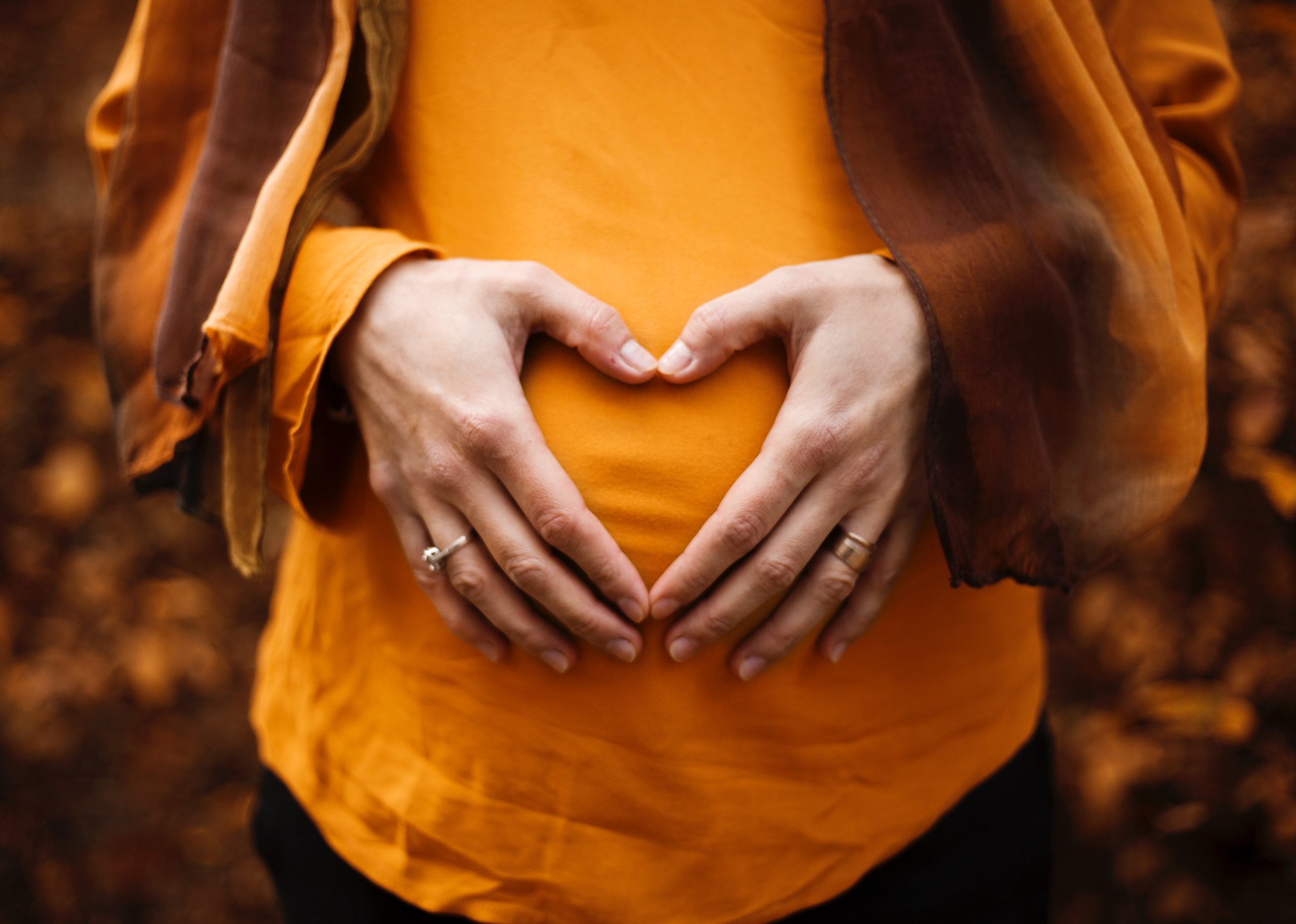Programs
Blog
About
PRegnant
LifeStyle
Postpartum
EXPECTING A BABY IN THE NEXT FEW MONTHS?
DOWNLOAD MY FREE POSTPARTUM ESSENTIALS CHECKLIST
Hi, I'm Liz!
I'm a chocolate-loving nutritionist,
pre & postnatal coach, doula and let's face it- total birth nerd 🤓.
I'm here to help you cut through mommy-marketing and pinterest perfection to confidently cultivate a pregnancy and postpartum experience you totally love.
Let's Connect
RECIPES
BREAKfast
beverages
main dish
dips & Dressings
salads & Sides
snacks
soups
treats
instant pot
one dish meals
quick meals
Pregnancy
Birth Planning
FIrst Trimester
Second Trimester
THird Trimester
Postpartum
Postpartum Planning
FOurth Trimester
REcovery
wellbeing
Fitness
Pregnancy Loss
Understanding Loss
Recovery After Loss
Friends & Family SUpport
PArent Life
Pregnant?
Check out the
5 core exercises you need to know!
Take the stress off your plate! Download
Meals Made Simple!
i need this!
Yes Please!
shop SAfer at beautycounter
Get the BEst Non-toxic Deodorant!
FItness
Nutrition
Nutrition
Grief & wellbeing
Pregnancy After Loss
Understanding Loss
Recovery After Loss
Friends & Family SUpport
Grief & wellbeing
Pregnancy After Loss
Understanding Loss
Recovery After Loss
infant & Toddler Feeding
Grief & wellbeing
Pregnancy After Loss
Newborn Care
Family Dynamics
PArent Relationships
lactation
Pregnancy After Loss
Coping with the Loss of a Pregnancy: Surviving the Emotional Journey
Coping with the loss of a pregnancy can be an incredibly difficult and emotionally challenging experience for a pregnant person and their partner. The grief and pain associated with a devastating miscarriage can be overwhelming. In this blog post, we will explore the emotional journey of pregnancy loss and offer guidance on how to navigate this challenging time.
Understanding the Rollercoaster of Emotions
Experiencing a the loss of a pregnancy is a traumatic experience and can trigger a range of emotions. Initially, shock and disbelief are common, followed by sadness, anger, guilt, and profound grief. It is important to recognize that these emotions are normal and valid responses to the loss you have experienced. Allow yourself to feel whatever emotions arise, and understand that the intensity may vary from day to day or even moment to moment. Whether you’ve experienced an early pregnancy loss, a full-term stillbirth, or have gone through the hell of recurrent pregnancy loss, your emotional healing is important.
The Importance of Grieving Process
Grieving is a necessary part of healing after the loss of a pregnancy. Give yourself permission to move through the stages of grief as you mourn the loss of your hopes, dreams, and the future you envisioned with your child. Whatever you are feeling— it’s valid! It is essential to lean on your support system during this time, whether it be your partner, a family member, or close friends. You may also find comfort in connecting with a spiritual leader. Don’t hesitate to seek professional help from a therapist or counselor who specializes in pregnancy loss.
Coping Strategies
While navigating the emotional journey of pregnancy loss, it is essential to have coping strategies to help you manage your emotions. Here are some strategies that may be helpful:
Create a support network
You may find that some people have little recognition of the devastating grief that accompanies the loss of a pregnancy which may trigger insensitive comments. Surround yourself with people who understand and are supportive of your grief. Joining a support group specifically for pregnancy loss can provide a safe space to connect with others going through similar experiences. Talking to a family member or close friends who have also experienced the loss of a pregnancy, can help you feel less alone in this difficult time.
Express your feelings
Find healthy ways to express your emotions, such as journaling, writing letters to your baby, or creating art. Allow yourself to cry and release your emotions when needed. Remember all feelings are valid and there is no one right way to process the loss of your baby.

Take care of yourself
Self-care is crucial during this difficult time. Make sure to prioritize your physical and mental well-being. Engage in activities that bring you joy and help you relax, such as exercise, meditation, or spending time in nature. Remember to honor your physical recovery and need for postpartum recovery. It’s a good idea to dedicate a period of time equal to the length of your pregnancy to postpartum recovery. For example, if you experienced your loss after 15 weeks of pregnancy, it’s a good idea to spend 15 weeks focused on postpartum recovery. I share some ways to practice self-care after pregnancy loss in this post
Download my free guide for navigating postpartum recovery after loss and get care tailored to your needs
Seek professional help
If you find that your grief is overwhelming and impacting your daily life, do not hesitate to reach out to a therapist or counselor who can help you navigate through the emotions and support you in your healing journey. Postpartum mental health is often overlooked for those who have experienced loss. If you’re struggling with symptoms of depression, anxiety of PTSD, it is a good idea to reach out to your health care provider.
Finding Meaning and Moving Forward
As you journey through your grief, you may find it helpful to search for meaning and purpose in your experience. This could involve participating in a support group, starting a blog to raise awareness about pregnancy loss, or getting involved in advocacy work. When we experienced the loss of our baby in 2018, I channeled my grief into supporting other loss families through postpartum recovery after stillbirth or miscarriage. This was, and continues to be, one of the most impactful parts of my emotional healing. Please don’t feel like your need to do something BIG or public to honor the loss of your baby. Finding small ways to honor your baby’s memory can be incredibly healing. Creating a memory box, an ornament, planting a tree, or having an intimate memorial service are all different ways to honor the loss of your baby.
Moving forward does not mean forgetting your loss. Rather, it means finding a way to live a fulfilling life while carrying the memory of your baby with you. Take all the time you need to heal and remember that everyone’s healing process is unique.
The emotional journey of pregnancy loss is a complex and challenging one. It is important to recognize and acknowledge the range of emotions you may experience. Seek support from loved ones or professionals. Remember, healing takes time and it’s okay to grieve in your own way. There is no time limit to coping with the loss of a pregnancy. By implementing coping strategies, finding meaning in your experience, and taking care of yourself, you can move forward towards healing and hope.
Related
October 23, 2023
Liz Winters
The post may contain affiliate links and the site may earn a commission on some products.
Every item on this page is chosen and recommended by the LWW team.
Read more about our Affiliate Disclosure here.
Holiday hits
Don’t miss these!
Want to add a little ease to your routine as a parent?
Get all my favorite tips, tricks and recipes delivered straight to your inbox.
start here
blog
work with liz
programs
non-toxic living
podcast
contact
© 2021 LIZ WINTERS WELLNESS // WEBSITE BY PINEGATE ROAD
Terms & Conditions
start here
blog
work with liz
PROGRAMS
non-toxic living
podcast
contact
© 2021 LIZ WINTERS WELLNESS // WEBSITE BY PINEGATE ROAD
Terms & Conditions
BADASS Birther's Club
Postpartum Recovery After Pregnancy Loss
How to Support Loved Ones After Loss
start here
blog
work with liz
PROGRAMS
non-toxic living
podcast
contact
© 2021 LIZ WINTERS WELLNESS // WEBSITE BY PINEGATE ROAD
Terms & Conditions
Pregnant
Postpartum




